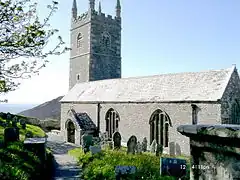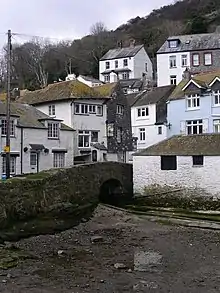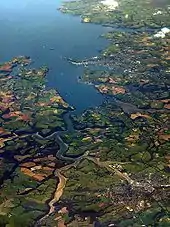 Location of Cornwall Cornwall (/ˈkɔːrnwɔːl, -wəl/; Cornish: Kernow [ˈkɛrnɔʊ]) is a ceremonial county in South West England. It is recognised as one of the Celtic nations and is the homeland of the Cornish people. The county is bordered by the Atlantic Ocean to the north and west, Devon to the east, and the English Channel to the south. The largest settlement is Falmouth, and the county town is the city of Truro. The county is rural, with an area of 1,375 square miles (3,562 km2) and population of 568,210. After Falmouth (23,061), the largest settlements are Newquay (20,342), St Austell (19,958), and Truro (18,766). For local government purposes most of Cornwall is a unitary authority area, with the Isles of Scilly having a unique local authority. The Cornish nationalist movement disputes the constitutional status of Cornwall and seeks greater autonomy within the United Kingdom. Cornwall is the westernmost part of the South West Peninsula. Its coastline is characterised by steep cliffs and, to the south, several rias, including those at the mouths of the rivers Fal and Fowey. It includes the southernmost point on Great Britain, Lizard Point, and forms a large part of the Cornwall National Landscape. The national landscape also includes Bodmin Moor, an upland outcrop of the Cornubian batholith granite formation. The county contains many short rivers; the longest is the Tamar, which forms the border with Devon. (Full article...) Selected article Cornish (Standard Written Form: Kernewek or Kernowek; [kəɾˈnuːək]) is a Southwestern Brittonic language of the Celtic language family. It is a revived language, having become extinct as a living community language in Cornwall at the end of the 18th century. However, knowledge of Cornish, including speaking ability to a certain extent, continued to be passed on within families and by individuals, and a revival began in the early 20th century. The language has a growing number of second-language speakers, and a very small number of families now raise children to speak revived Cornish as a first language. Cornish is currently recognised under the European Charter for Regional or Minority Languages, and the language is often described as an important part of Cornish identity, culture and heritage. Along with Welsh and Breton, Cornish is descended from the Common Brittonic language spoken throughout much of Great Britain before the English language came to dominate. For centuries, until it was pushed westwards by English, it was the main language of Cornwall, maintaining close links with its sister language Breton, with which it was mutually intelligible, perhaps even as long as Cornish continued to be spoken as a vernacular. Cornish continued to function as a common community language in parts of Cornwall until the mid 18th century. There is some evidence of knowledge of the language persisting into the 19th century, possibly almost overlapping the beginning of revival efforts. A process to revive the language began in the early 20th century, and in 2010, UNESCO announced that its former classification of the language as "extinct" was "no longer accurate." Since the revival of the language, some Cornish textbooks and works of literature have been published, and an increasing number of people are studying the language. Recent developments include Cornish music, independent films, and children's books. A small number of people in Cornwall have been brought up to be bilingual native speakers, and the language is taught in schools. The first Cornish-language day care opened in 2010. (Full article...)Selected biographySir Humphry Davy, 1st Baronet, FRS, MRIA, FGS (17 December 1778 – 29 May 1829) was a British chemist and inventor who invented the Davy lamp and a very early form of arc lamp. He is also remembered for isolating, by using electricity, several elements for the first time: potassium and sodium in 1807 and calcium, strontium, barium, magnesium and boron the following year, as well as for discovering the elemental nature of chlorine and iodine. Davy also studied the forces involved in these separations, inventing the new field of electrochemistry. Davy is also credited to have been the first to discover clathrate hydrates in his lab. In 1799 he experimented with nitrous oxide and was astonished at how it made him laugh, so he nicknamed it "laughing gas" and wrote about its potential anaesthetic properties in relieving pain during surgery. Davy was a baronet, President of the Royal Society (PRS), Member of the Royal Irish Academy (MRIA), Fellow of the Geological Society (FGS), and a member of the American Philosophical Society (elected 1810). Berzelius called Davy's 1806 Bakerian Lecture On Some Chemical Agencies of Electricity "one of the best memoirs which has ever enriched the theory of chemistry." (Full article...)
Did you know?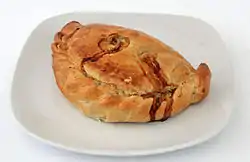
Selected quoteSelected picture
General imagesThe following are images from various Cornwall-related articles on Wikipedia.
WikiProjects
Related portalsTopicsHistory
Geography
Politics
Economy and demographicsCulture
Subcategories
Category puzzle Select [►] to view subcategories
Cornwall Cornwall-related lists Buildings and structures in Cornwall Burials in Cornwall Cornish culture Crime in Cornwall Culture in Cornwall Deputy Lieutenants of Cornwall Duchy of Cornwall Economy of Cornwall Education in Cornwall Entertainment in Cornwall Environment of Cornwall Films shot in Cornwall Flags of Cornwall Geography of Cornwall Geology of Cornwall Health in Cornwall Hilda Annetta Walker, Cornish river scene History of Cornwall Cornish language Lizard Peninsula Local government in Cornwall Mass media in Cornwall Organisations based in Cornwall Cornish people People from Cornwall Politics of Cornwall Religion in Cornwall Science and technology in Cornwall Sport in Cornwall Tourist attractions in Cornwall Transport in Cornwall Cornwall stubs Recognised content
Featured articlesMain page featured articlesFeatured listsGood articles
Former good articlesIn the News articlesThings you can do'
Associated WikimediaThe following Wikimedia Foundation sister projects provide more on this subject:
Wikipedia in CornishDiscover Wikipedia using portals
| |||||||||||||||||||||||||||||||



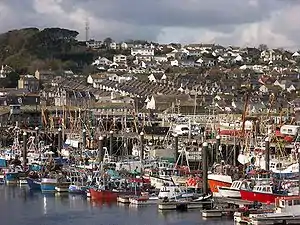
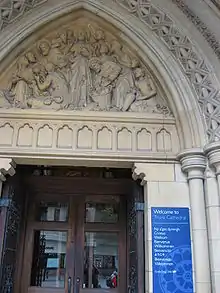


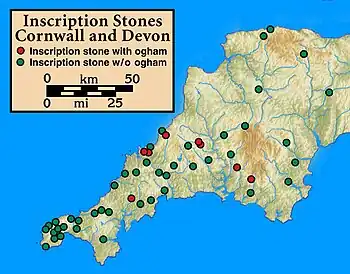
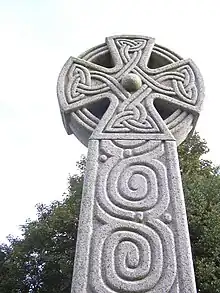
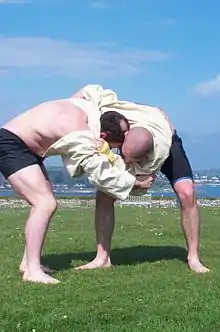

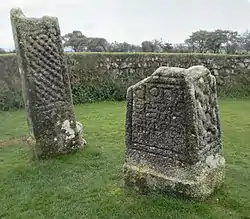


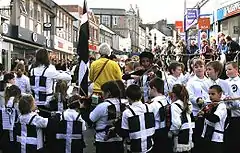
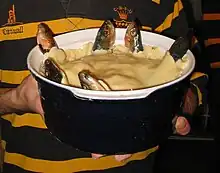


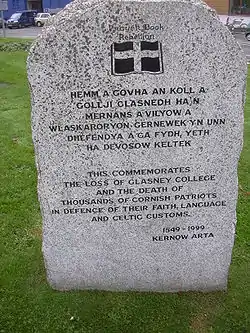


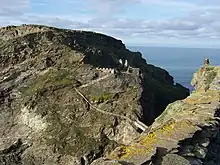


_(14591082390).jpg.webp)
_-_BL_Stowe_MS_944%252C_f_30v.jpg.webp)






.jpg.webp)

